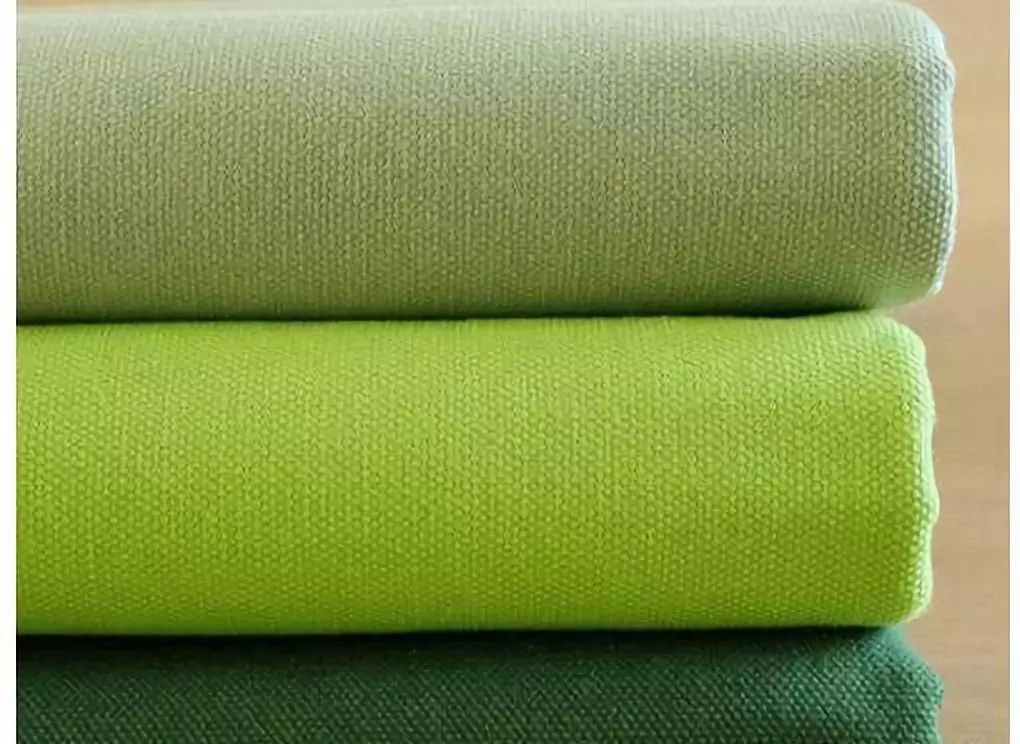Do you know the advantages and disadvantages of polyester fabric?
Polyester fiber is a chemical fiber, which is widely used in clothing fabrics. Xiaobian has sorted out some knowledge about polyester fiber and brought you to know what is polyester fiber.

Polyester fiber, also known as polyester, is the largest variety of synthetic fiber at present
Polyester is an important variety of synthetic fiber, and it is the trade name of polyester fiber in China.
It is based on pure terephthalic acid (PTA) or dimethyl terephthalate (DMT) and ethylene glycol (EG) as raw materials through esterification or transesterification and condensation reaction of the fiber polymer - polyethylene terephthalate (PET), after spinning and post-processing made of fiber.
Pronounce: [dilun] English: polyester;
Polyester, commonly known as Dacron in China, is widely used in the manufacture of clothing fabrics and industrial products.
Polyester has excellent form-setting properties.
The flat, fluffy, or pleated form of polyester yarn or fabric formed after its shaping can be preserved for a long time after repeated washing during use.
Polyester is also called terylene, and Americans also call it "dacron."
When it appeared on the Hong Kong market, it was translated as "really cool" or "dacron liang" in Cantonese, roughly referring to the household name "really cool".
It is the simplest process in the three synthetic fibers, and the price is relatively cheap.
In addition, it is strong and durable, good elasticity, not easy to deformation, corrosion resistance, insulation, crisp, easy to wash and dry, etc., and is loved by people.
Polyester has many excellent textile properties and wearability, a wide range of uses, can be made of pure textile, but also with cotton, wool, silk, hemp and other natural fibers and other chemical fiber blending interweaving, into a variety of designs and colors, firm and scratch-tight, easy to clean and dry, ironing and washing can wear good performance of wool, cotton, silk, linen fabrics.
Polyester fabric is suitable for men's and women's shirts, overcoats, children's clothing, upholstery fabrics and carpets.
Because of its good elasticity and fluidity, polyester can also be used as lint.
In industry, high-strength polyester can be used as tire cord, transport belt, fire hose, cable, fishing net, etc., and can also be used as electrical insulation material, acid-proof filter cloth and papermaking blanket.
Nonwoven fabrics made of polyester can be used for interior decoration, carpet fabric, pharmaceutical industry cloth, lint, lining, etc.
Features:
1. Shading, light and ventilation.
Not only can eliminate up to 86% of the solar radiation, but also maintain the indoor air flow, and can clearly see the outdoor scenery.
2. Heat insulation.
Polyester fiber sunshine fabric with other fabrics do not have a good heat insulation performance, greatly reduce the indoor air conditioning utilization rate.
3. UV protection.
Polyester sunbeams protect against up to 95 per cent of UV rays.
4. The fire.
Polyester fiber fabric has the flame retardant properties that other fabrics do not have.
True polyester fabric burns after the skeleton glass fiber, so it will not deformation, while ordinary fabric burns after no residue.
5. Moistureproof.
Bacteria don't multiply and the fabric doesn't get mildewed.
6. Polyester fiber is easy to generate static electricity, soak and clean with a softener.
7. Constant size.
The material of the fabric itself determines that it is not ductile, does not deform, and maintains its flatness for a long time.
8. Easy to clean.
Can be placed in clean water to scrub.
9. Tear resistance.
No reinforcement, natural tear resistance, significant wind resistance and withstand frequent use.
10. Corrosion resistance.
Resistant to bleaching agents, oxidants, hydrocarbons, ketones, petroleum products and inorganic acids.
It is resistant to dilute alkali and mildew, but can be decomposed by hot alkali.
There are strong acid and alkali resistance, anti ultraviolet ability
11. Good elasticity.
The elasticity is close to wool and can be almost completely restored when elongated by 5% ~ 6%.
The crease resistance is better than other fibers, that is, the fabric does not crease and has good dimensional stability.
The elastic modulus is 22 ~ 141CN /dtex, 2 ~ 3 times higher than nylon.
Polyester fabric has high strength and elastic resilience, therefore, it is strong, durable, wrinkle-resistant and ironing free
12. Good wear resistance.
Wear resistance is second only to the best wear resistance of nylon, than other natural fibers and synthetic fibers are better.
Disadvantages:
1.
Hygroscopicity is poor, wearing a stuffy feeling, at the same time easy to bring static electricity, dirt, affect the appearance and comfort.
2.
Polyester fabric of poor melting resistance, encountered soot, Mars and other easy to form holes.
Therefore, polyester fabrics should try to avoid the contact of cigarette butts, sparks, etc.